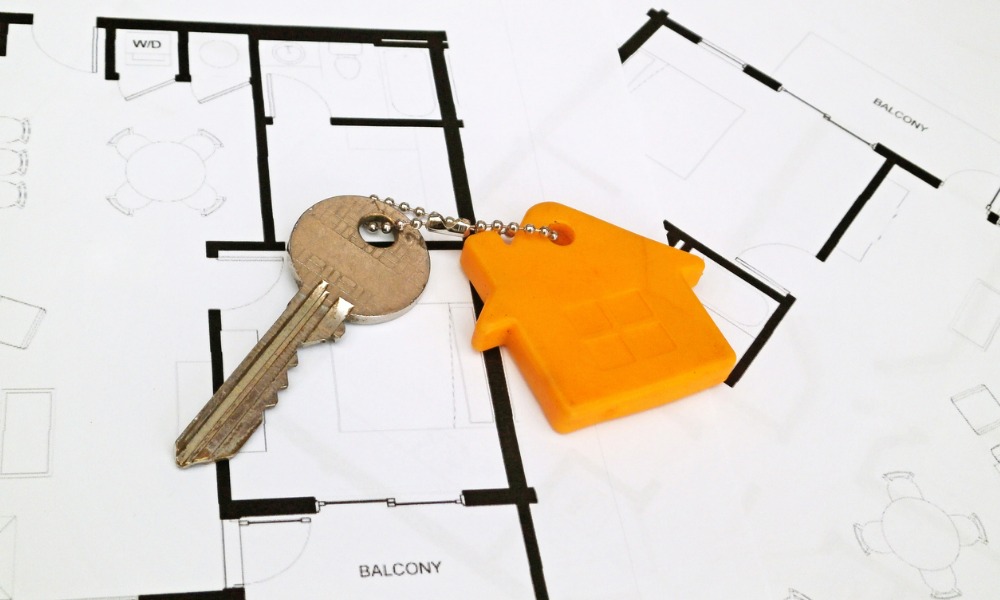Buyers turning to new builds again after recent downward trend

The low supply of properties for sale across the country has fuelled a rise in new homes sold off-plan, research from property services company Hamptons has revealed.
In 2021, 37% of new homes sold in England and Wales found a buyer before completion, up from 35% in 2020.
While this figure is still below the 47% peak recorded in 2017, it reversed the subsequent downward trend, and meant that more new homes were sold off-plan in 2021 than in 2007 when Hamptons began recording this data.
“The lack of second-hand homes available to buy has meant that owner-occupiers are increasingly turning to new builds, with more willing to buy off-plan in the face of limited options on the market. Typically, these are chain-free homeowners who have more flexibility on moving dates,” David Fell, senior analyst at Hamptons, said.
Read more: Challenges and opportunities facing the new build market.
The rise in off-plan sales has been driven by more houses, rather than flats, being sold before completion.
The research data also showed that 24% of new detached home completions in 2021 were sold off-plan compared to 21% in 2020. This figure rose from 31% to 33% for semi-detached properties and from 41% to 45% for terraced homes.
However, the proportion of flats sold off-plan fell from 50% to 44% meaning, for the first time since 2007, a terraced house was more likely to be sold off-plan than an apartment.
This shift meant that flats comprised just 37% of all homes sold off-plan in 2021, down from a recent peak of 53% in 2016 and a larger peak of 69% in 2008.
Hamptons further reported that most new build buyers hand over a standard 10% deposit on exchange of contracts with the balance payable on completion. Last year’s buyers paid a record £1.1 billion in deposits to developers for homes that had yet to be built. This is three times the amount handed over in 2007 (£348 million) and marks the first time this figure has exceeded £1 billion.
“Owner-occupiers don’t buy as far in advance as investors who are often happy to wait a year or two, particularly when prices are rising. They’re also more likely to seek out bespoke, individually designed houses in smaller schemes, rather than flats in big city centre blocks,” Fell said.
“After nearly four years of falls, the rise in off-plan sales will provide respite for developers looking to maintain sales rates as Help to Buy winds down. Whether this shorter-term shift has the potential to turn into a longer-term trend remains to be seen, but, unlike the past, it’s owner-occupiers rather than investors who are likely to continue driving off-plan sales in 2022.”



